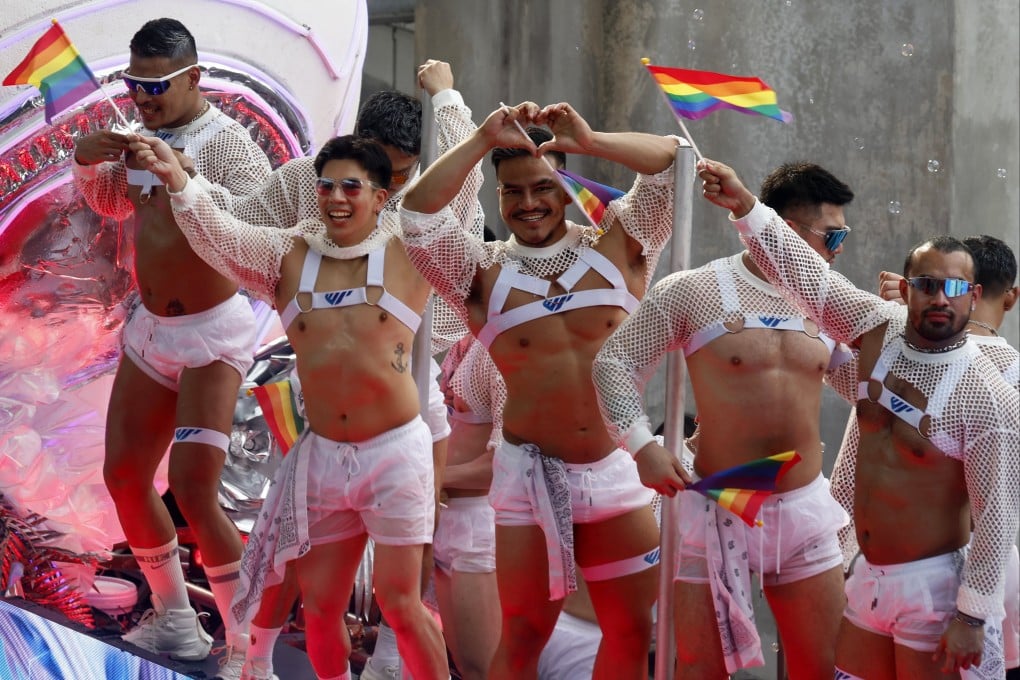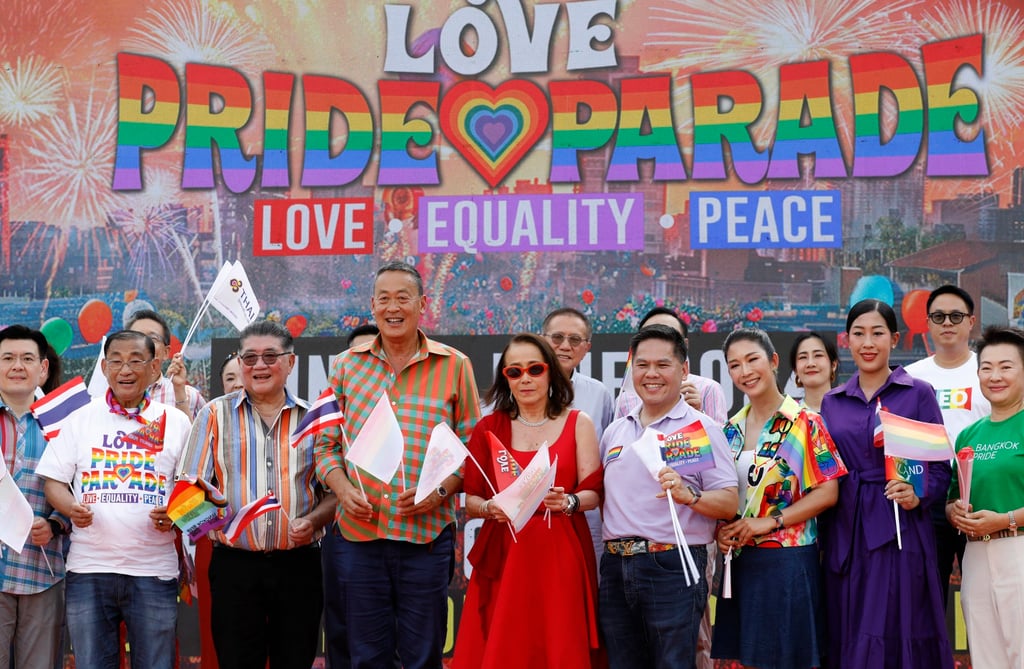Asian Angle | As Thailand marks historic Pride month, companies fall short on LGBTQ inclusion
- Businesses voice support for LGBTQ rights only to later backtrack on their inclusivity commitments, a practice known as ‘rainbow washing’

However, amid the joyous celebrations and rainbow flags, a persistent issue remains: rainbow-washing – a practice where corporations drape themselves in the rainbow flag during Pride month, touting their support for LGBTQ rights, only to revert to anti-LGBTQ “business as usual” once the parades have ended. Many companies adopt LGBTQ symbols during Pride without making substantial organisational changes, undermining the ongoing fight for equal rights. This year’s Pride parades in Bangkok, while a colourful celebration of the historic achievement and LGBTQ movements, also underscored this problem.

This issue is not unique to Thailand. Rainbow-washing is a global concern, with many companies showing symbolic gestures of solidarity without implementing significant internal changes to welcome the LGBTQ community. While the recent passage of the marriage equality bill in Thailand on June 18 is a monumental step forward for the country’s LGBTQ community, true progress requires more than just legal recognition from governmental institutions alone. It is high time we also demand change from businesses and the private sector.
Businesses should protect and promote the rights of all employees and customers, especially those from marginalised communities and with intersectional identities, which would be in line with upholding human rights principles in the business world. The principle of due diligence in human rights emphasises that businesses must actively prevent, address, and remedy human rights abuses within their operations and supply chains. This includes ending direct and indirect discrimination based on sexual orientation and gender identity. For example, refusing to hire or serve LGBTQ community members or perpetuating a hostile, anti-LGBTQ work environment contravenes business and human rights principles.

These commitments must go beyond surface-level support during Pride month. It involves concrete actions, such as non-discrimination policies and benefits, comprehensive support systems for LGBTQ employees, safe and inclusive working environments, and active promotion of diversity and inclusion within the workplace and beyond.

